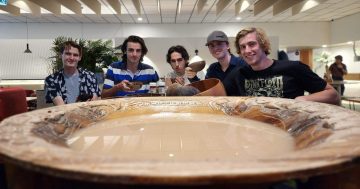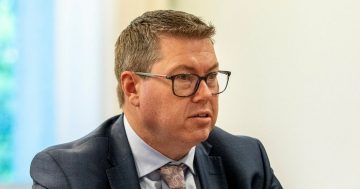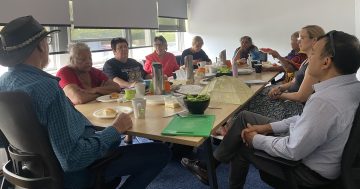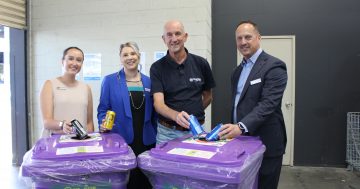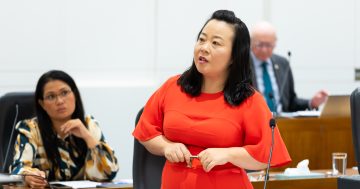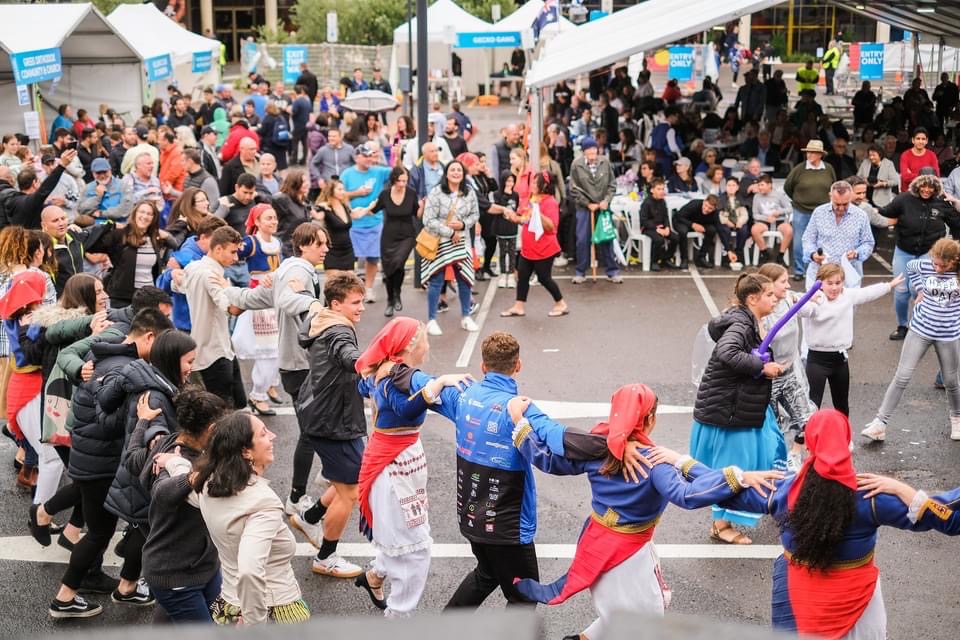
Fair Canberra is a non-profit organisation for social inclusion. Photos: Fair Canberra.
Nic Manikis had anticipated a quiet retirement.
Having enjoyed a “dream career” in the public sector helping to shape social policy and community services in Canberra for more than 30 years, he stepped away in 2016.
Retirement lasted all of a handful of months before he discovered his part in this sector was far from done.
“I kept getting queries from the community, people asking me to do things – and I continued to respond,” he chuckles.
“Canberra is a small place and you don’t work that long in the community without making close ties. So these were not just community leaders and members, they were friends.”
In 2017 he formed social inclusion non-profit organisation Fair Canberra.
A collective of sorts of leaders and groups from Canberra’s diverse communities, Fair Canberra exists to advocate for and represent the ideas and voices of the Canberra community, particularly people from culturally and linguistically diverse backgrounds. It strives to shape relevant and effective inclusive policies and programs across all sectors of the ACT community.
The ultimate goal is that all Canberrans enjoy equitable treatment, can fully participate in all aspects of community life and can reach their potential.
The organisation tends to fly under the radar, which is why many people don’t recognise how many of its members are heavily involved in high-profile initiatives like the Multicultural Festival.
Though now overseen by community leaders and the Government, Mr Manikis created the National Multicultural Festival in its current iteration in 1996.
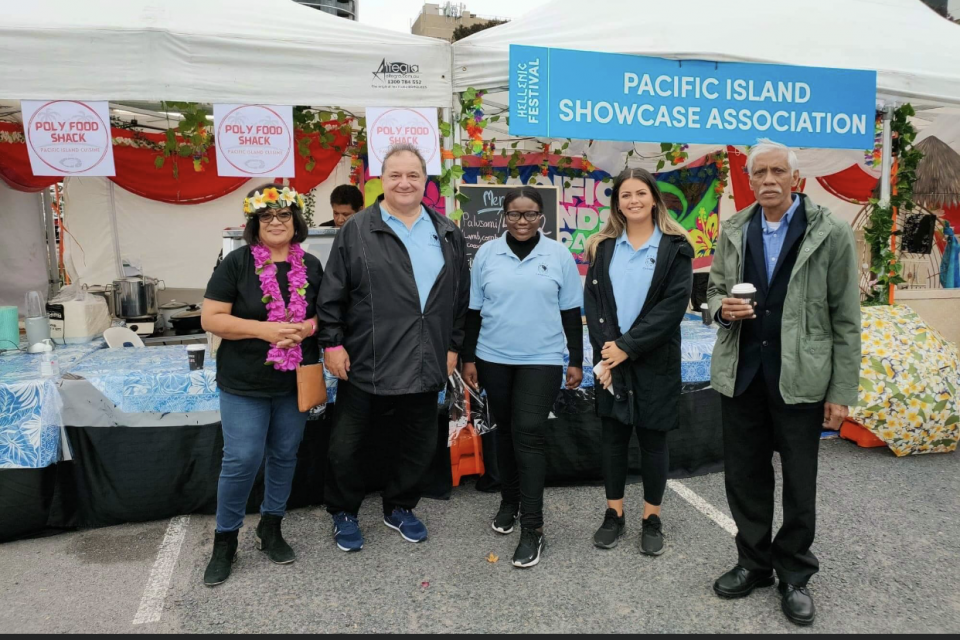

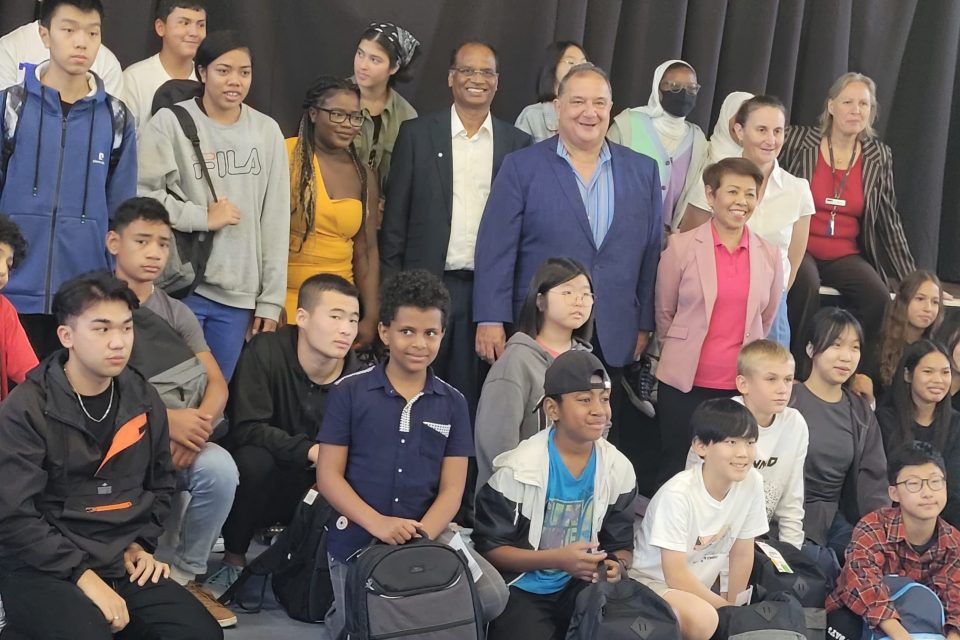
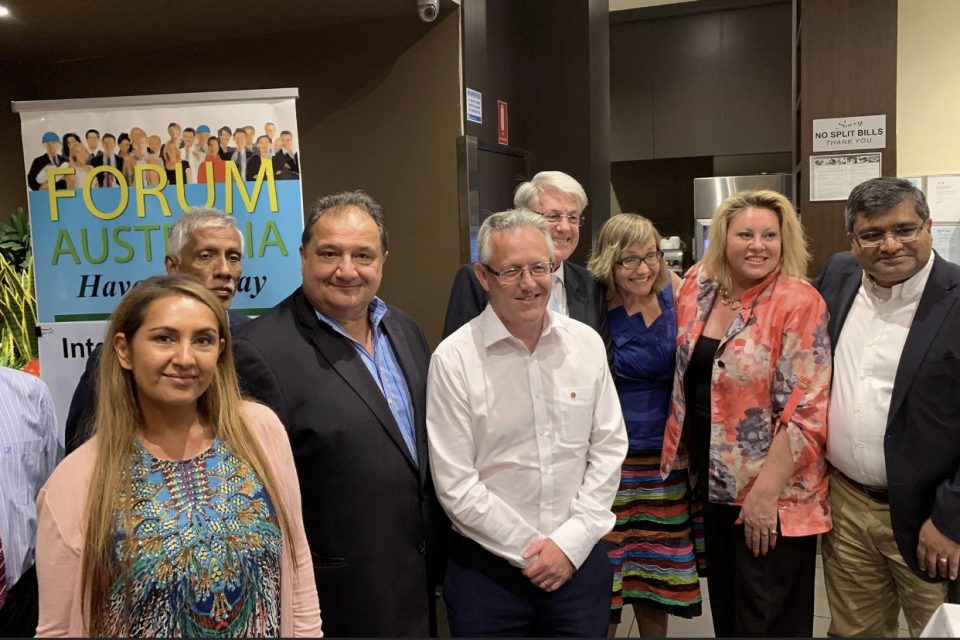
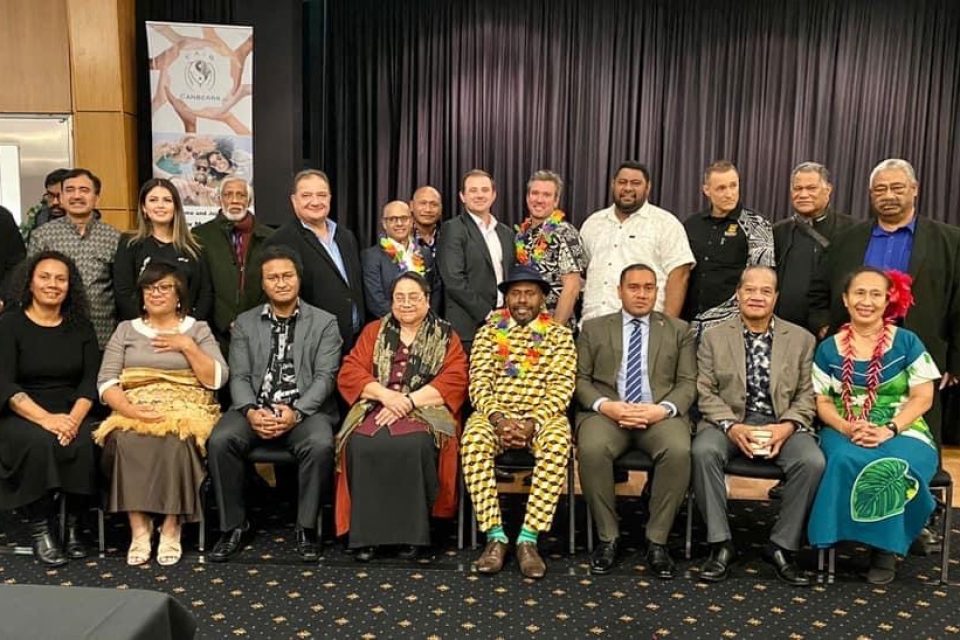
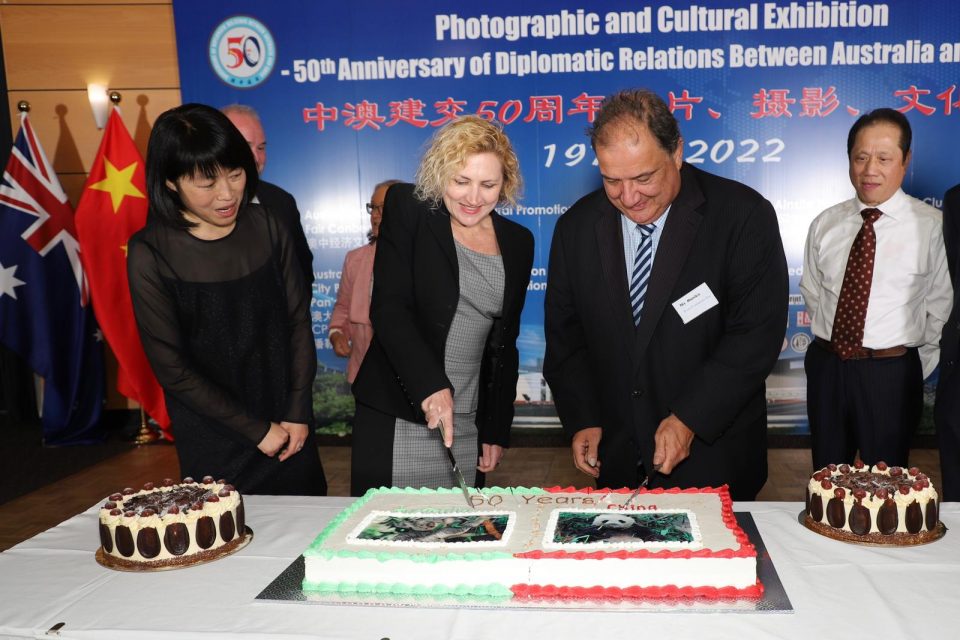
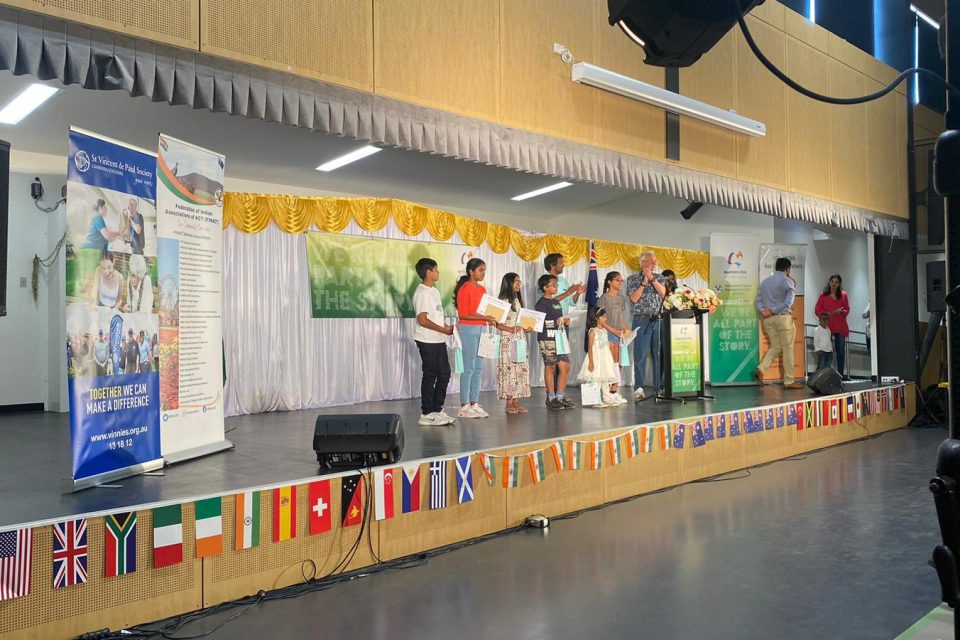
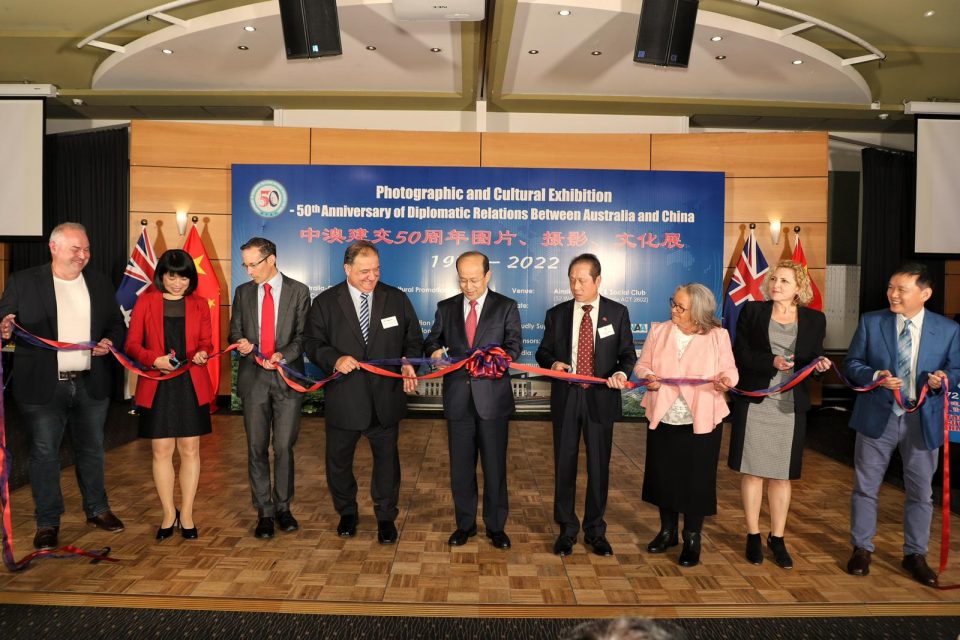

Fair Canberra’s work in policy change and its more practical contributions pack a punch for those who approach them for help.
Word of mouth has made Fair Canberra the first port of call for many communities trying to nut out how to make life better and more inclusive.
Its executive board members – president Krishna Mandipali, Toa Takiari, Kofi Bonsu, Daisy Matsika, Sabrina Melo, Sohail Khan, Nim Osborne, Emie Jiang, Dr Ahmed Imran – and its many members work tirelessly, giving their time and pooling their own resources towards the benefit and improvement of Canberra’s diverse communities.
They’ve assisted the Hellenic Club in putting on its own festival to celebrate its culture, and Netball ACT organise its Harmony Day celebrations.
In 2020 when reports that homeless people in Civic weren’t getting a fair feed reached them, they started staging weekly barbecues before COVID-19 forced them to pull up stumps.
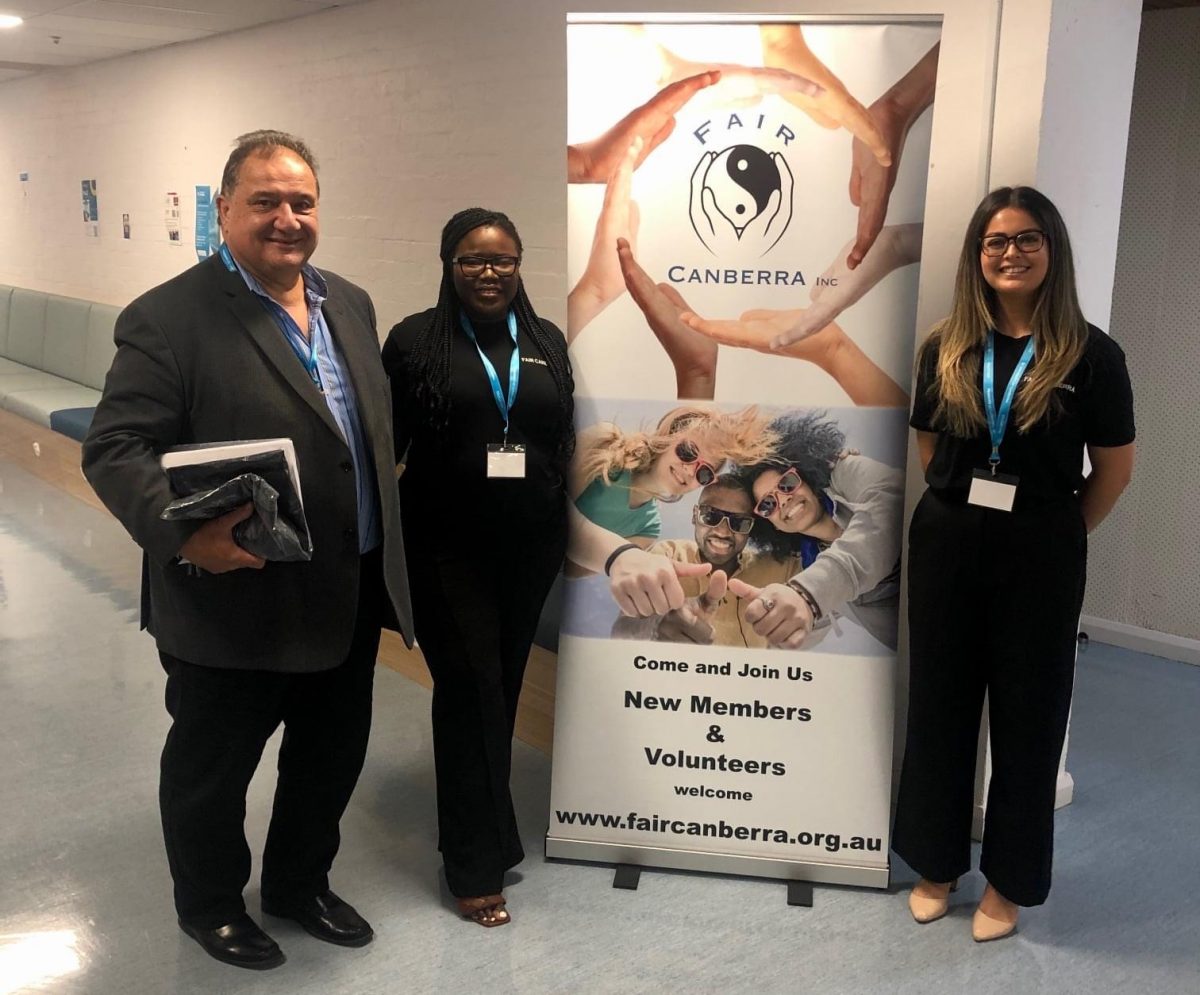
New members and volunteers are always welcome at Fair Canberra.
In 2021, when Pacific Islands communities were fed up with the 2kg limit on cava importation for personal use, Fair Canberra staged a national forum.
“Pacific Island traditions involving cava go back thousands of years; it’s intertwined with their cultural practices and is part of how they celebrate their identity,” Mr Manikis said.
“Nearly 300 people attended the forum, including all the Pacific Island high commissioners except New Zealand and the relevant federal minister.
“Afterwards we produced a report with 18 recommendations for the Federal Government. And in January 2022 restrictions were lifted as part of a pilot program that will finish at the end of this year. Hopefully it then becomes permanent.”
More recently Fair Canberra created the Back-To-School Supplies program at Dickson College.
“One of our members, a teacher at the college, alerted us to a concern that some kids didn’t have adequate school resources,” Mr Manikis said.
“We worked out that we needed 60 backpacks packed with all they needed so that every child could have one.”
Fair Canberra members rallied, raising thousands of dollars to produce 60 backpacks chock full of “the whole kit and caboodle for the year”.
The program, which will be annual, ensures there are enough backpacks so that students onboarded later in the year, particularly refugee children, can be presented with one in order to hit the ground running at their new school in their new country.
Fair Canberra’s funding primarily comes from its valued sponsors, generous out-of-pocket donations from its 450-plus strong membership base and tireless fundraising efforts.
“We may have gotten a few small grants, but we steer clear of government funding in the main because we like to be independent,” Mr Manikis explained.
“My experience tells me filling your coffers with government money can make you reticent when it comes to criticism or suggestion that might not be palatable to the government of the day.
“When you’re striving for a fair and inclusive Canberra, you can’t be having your hands tied like that.”
Visit Fair Canberra for more information.












